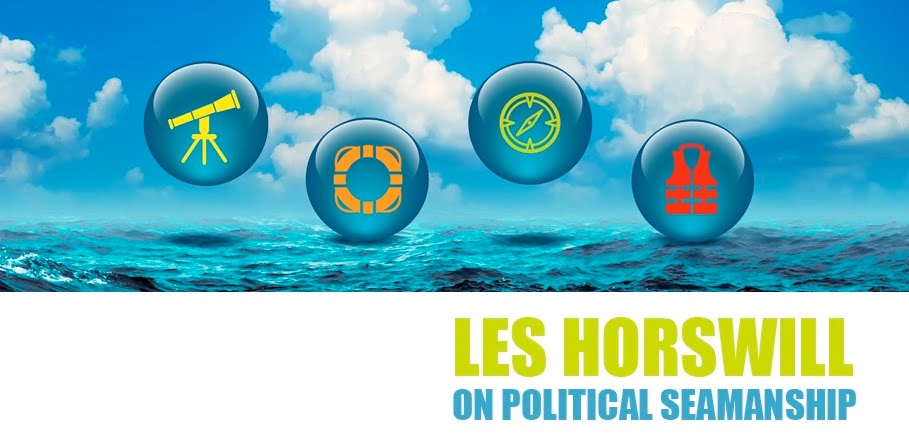One of peevish Margaret
Thatcher's better offerings was her insistence that “there is no such thing as
society." Her assertion that only individuals—in co-operation or
on their own—do the building and the stealing, and care for and oppress others
should be accepted readily in our secular age.
Her statement, however, put
conservatives on the defensive then, and, as David
Frum found out last week, still does. It shouldn't. Indeed, it
represents, if anything, modern conservatism’s right of passage in this enlightened
age.
What would you expect a
trained scientist to say?
Science hasn’t entirely
turned the human mind into chemistry. However, it has long debunked the notion
that individuals answer to ideologies or consider them higher and wiser than us.
Social scientists roll up
data about how our minds and opinions evolve over time, and venture to guess
what "society" thought just yesterday, and which societies are reasonably happy
and which ones are sick. However, statistical aggregations have no life of
their own.
Science has left us responsible.
There’s no higher conscience assigned to check our conscience; no public
interest we didn’t invent ourselves.
Hillary Clinton didn’t demonstrate
that she was a left-winger or a socialist when she urged us to “Stop thinking
about the individual and start thinking about what is best for society.” She
was just being a Clinton: emphatic and imprecise at the same time. Margaret Thatcher only refused to pretend
that individuals owe anything to a generality, literally to a blank check.
Orators, cardinals in the Vatican,
and torturers get in our way by claiming that “society” has overriding
interests. Further, they tell us to behave by implying that it has values of
its own that are better than ours.
Theocrats and so-called “organic”
conservatives can claim that society and its instrument-—the powerful modern state—are,
somehow, their god’s or history's handmaid, and not merely what a lawful
majority of free men and women determine to favor at the moment. However, there
is no way a prudent, democratic conservative or a liberal dare accept such mumble-jumble.
Calling on Texans to be
Better Texans, New Yorkers to be better Americans, and Romans to be better
Romans sounds fine. However, insisting that there is a Greater Good loses
its charm when the proponent is wearing a pistol, or a mask, or calls himself a
prophet.
Margaret Thatcher governed in
harsh times harshly. We are free to not mourn her passing. However, it’s not
acceptable to have one honest statement marginalized as extreme or libertarian.
Pointing out that “society”
is only a word was neither anti-social nor hardhearted. There’s no hidden
agenda buried in her curt sentence. Thatcher asserted simply that conservatives
can also respect and can champion rationality in politics.
Surely, our leaders can be
humane—and persuasive—without inventing for us a conscience better than our own.

No comments:
Post a Comment